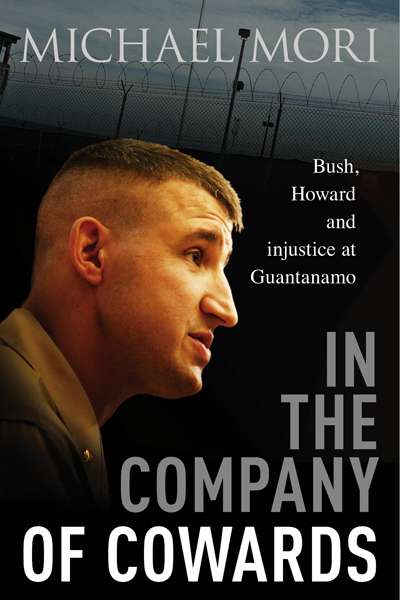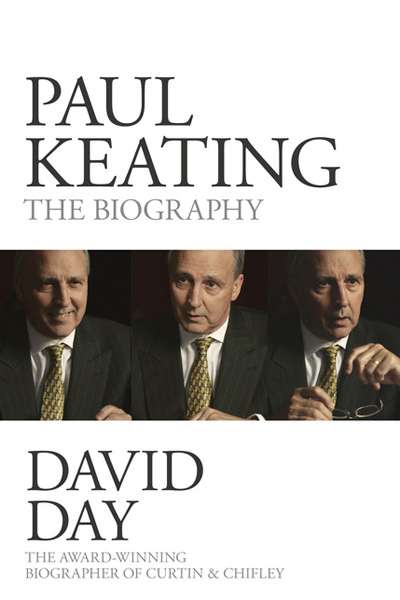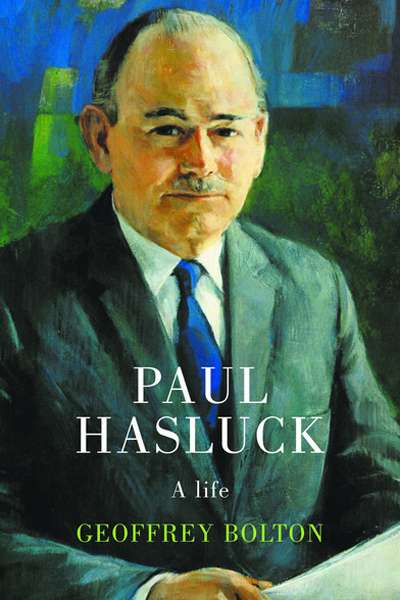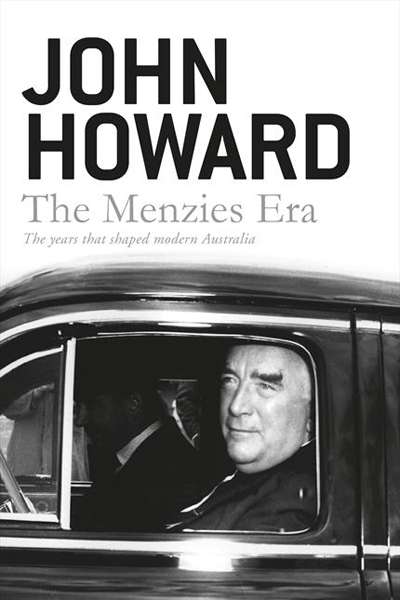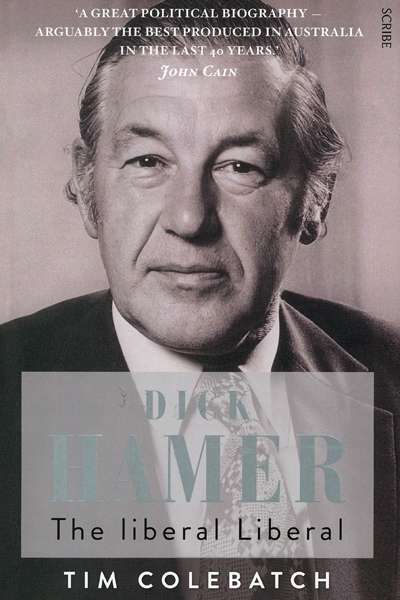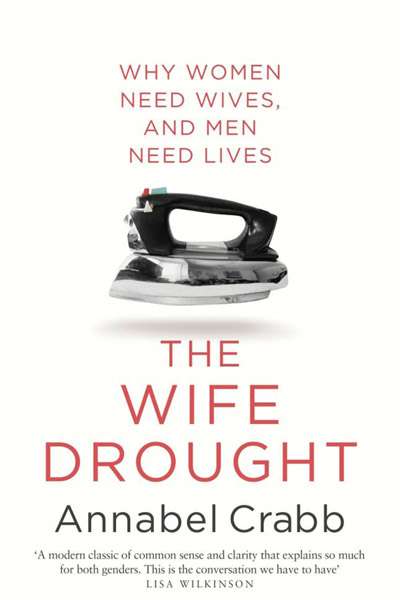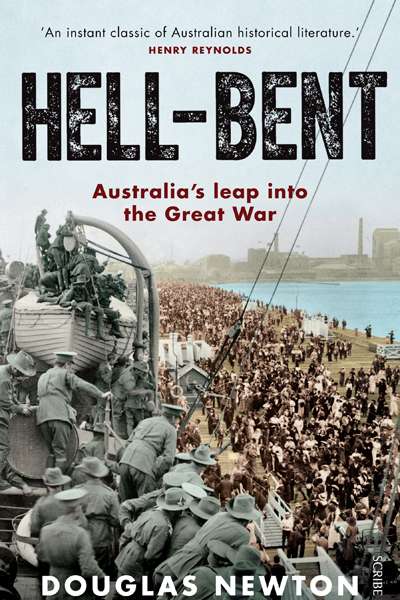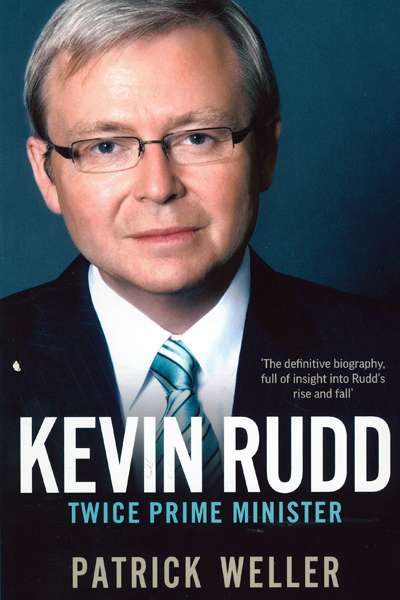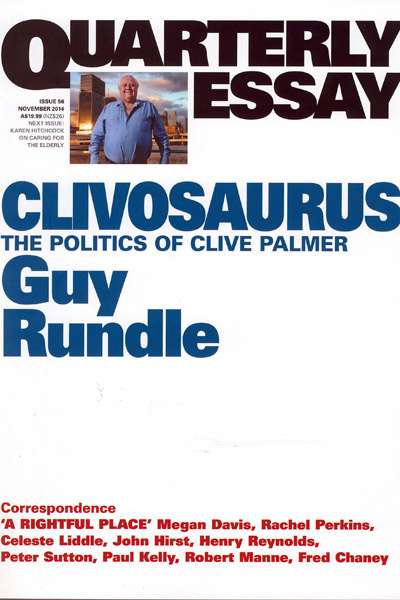Australian Politics
Through the Wall: Reflections on leadership, love and survival by Anna Bligh
After a substantial career as a minister in the Beattie government, Anna Bligh served as Queensland Labor premier from 2007 to 2012. She was the first female premier in Australia to lead her party to victory at a state election. These experiences have given her many interesting tales to tell about winning elections, retaining community and party support, as well as ...
In the Company of Cowards: Bush, Howard and injustice at Guantanamo by Michael Mori
The unusual case of David Hicks is one of the most spectacular and politically supercharged miscarriages of justice in Australian history. Like the infamous Boer War case of Breaker Morant, Hicks was politically scapegoated and grossly denied a fair trial. Unlike Morant – a war criminal who murdered prisoners of war – even Hicks’s accuser, the United States, n ...
Paul Keating has an enduring allure. He has been out of politics since 1996, yet in the past year or so we have seen the ABC screen an unprecedented series of four one-hour interviews with him by an unusually respectful Kerry O’Brien; a book of his sayings still sells well, his speeches and pronouncements receive wide publicity, and now historian David Day has giv ...
Geoffrey Bolton has written a fine biography of one of Australia’s eminent sons, one not well recognised or widely remembered. Paul Meernaa Caedwalla Hasluck was born in Western Australia in 1905 and rose to become an accomplished journalist, a historian, public servant and diplomat, a minister of Parliament in the Menzies era, contender and possibly logical successor for prime minister, and governor-general. Each facet of Has-luck’s governmental career displayed a selfless commitment to duty, to the notion of governmental responsibility, as well as considerable achievements in the advancement of both the people of Papua and New Guinea, and policies in the Northern Territory relating to Aboriginal welfare.
... (read more)The Menzies Era: The years that shaped modern Australia by John Howard
John Howard has long been concerned with countering what he regards as the domination of Australian historical writing by the left. His project was initiated before he gained the prime ministership, most notably in his Menzies Lecture of 1996, in which he claimed that most of the distinctiveness and achievements of Australian politics were grounded in the liberal tradition. It continued during the ‘history wars’ from 1996 to 2007 – a subsidiary element in his largely successful attempt to reshape the contemporary understanding of liberal individualism. His massive new book on Menzies and his times is the summa of this enterprise.
... (read more)Dick Hamer: The liberal Liberal by Tim Colebatch
Rupert (‘Dick’) Hamer proved to be one of Australia’s most innovative premiers. One sign of his unusual prestige is that this history of his life and times has perhaps been publicly praised more by Labor leaders than by his own Liberal colleagues.
Hamer’s family background was in the church, law, business, and politics. His paternal grandfather was the minister of the wealthy Independent Church (now called St Michael’s) on Collins Street, where he was distinguished for his highbrow sermons and the astonishingly high salary he received. Hamer was born in 1916 and was formally christened Rupert after a relative who had died at Gallipoli the previous year. He was a studious boarder at Geelong Grammar, eventually winning first class honours in three languages – Latin, French, and Ancient Greek. A school friend described him as never ‘fussed or flustered’. Those qualities remained with him. He could come home to suburban Canterbury after a turbulent week in parliament and sleep like a rock, then dig happily in the garden next morning.
... (read more)The Wife Drought: Why women need wives, and men need lives by Annabel Crabb
Why is it that women with supportive partners are still thought of as lucky, as if they have won a lottery? In the winter of 2012, Annabel Crabb ran into Tanya Plibersek, who had raised three children over the course of a successful parliamentary career with the help of her husband, a senior state bureaucrat. When Crabb commented on how fortunate they were to have helpful spouses, Plibersek replied, with characteristic dry wit, that she sincerely hoped they would be the last generation who needed to feel lucky about that.
... (read more)Hell-Bent: Australia’s leap into the Great War by Douglas Newton
Reading about the ‘khaki election’ of 1914 in Douglas Newton’s Hell-Bent evokes a sense of déjà vu in 2014, as Australia embarks on another war in the Middle East. During the campaign of 1914, Prime Minister Joseph Cook and Labor leader Andrew Fisher jostled to prove their loyalty to Britain and their enthusiasm for the impending war. Fisher’s efforts to match and outdo the conservative leader for patriotism bring to mind Opposition Leader Bill Shorten’s willingness to support the government’s military engagement in Syria and Iraq, and its amendments to national security laws. Plus ça change …
... (read more)Kevin Rudd: Twice Prime Minister by Patrick Weller
In modern Australia, politics and public policy appear to reflect a narrow range of managerial, political, and economic opinions. Even the much publicised ‘listening tours’ conducted by politicians seem designed to show that they are sensitive to community concerns, but not so sensitive as to want to change policy direction. What makes current discussion of political issues so dispiriting is that over the last three decades, economic measurements and business ideas have come to dominate public life. Citizens are now treated by the public service and their masters as ‘consumers’, former public goods such as education are now narrowly viewed as a form of economic productivity, and community service providers, such as Australia Post, are written about in the media as mere businesses ripe for privatisation. Between 2007 and 2010, Prime Minister Kevin Rudd gave the impression that he might become the ‘circuit breaker’: a leader whose professed faith in the potential for government intervention and community consultation might lead to a more engaged and empowered citizenry, as well as a government more in tune with the needs of the electorate.
... (read more)Clivosaurus: The politics of Clive Palmer (Quarterly Essay 56) by Guy Rundle
Guy Rundle ends his engrossing account of Clive Palmer with a disclaimer: ‘Knowing Clive, he will contradict everything asserted in this essay in the two weeks between its going to press and hitting the bookstands.’ Since the publication of this essay, Palmer has not contradicted the assertions of the essay, but his party has been challenged. Senator Jacqui Lambie has resigned from the Palmer United Party. At the November Victorian election, preference deals led to the election of micro parties to the Upper House, without a Palmer United Party member.
... (read more)


